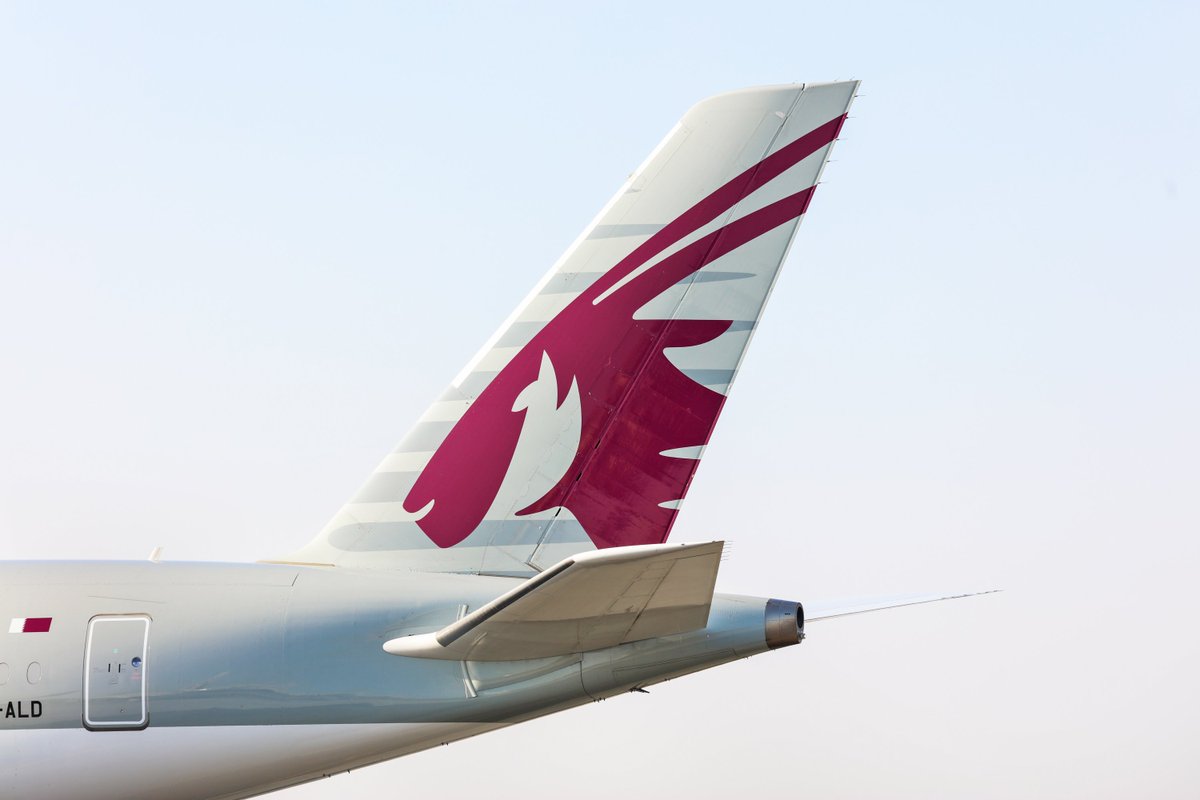The transport department, citing concerns raised by the Department of Foreign Affairs, refused its release the advice documents.
Australia’s Transport Minister Catherine King’s department has refused to disclose critical information involving advice concerning a Qatar Airways bid for additional flights to various Australian cities, citing “damage” to Australia’s “international relations” with the Qatar government.
The Department of Foreign Affairs (Dfat) flagged concerns over potential diplomatic fallout, citing the document’s sensitive nature.
Sky News, using freedom of information laws, pursued details on the Department of Transport’s counsel to Minister King regarding Qatar Airways’ flight extension request.
In August, Sky News requested “all advice from the Department of Transport and Infrastructure to the Transport Minister concerning a request by Qatar Airways to expand flights into Australia since January 1, 2023.”
The the Freedom Of Information (FOI) inquiry confirmed that the departmental advice was indeed provided to the minister on January 4. However, King took a stand against Qatar Airways’ expansion proposal on July 10, a move that raises questions about the contents of the withheld advice, the Sky News report said.
The Transport Department responded to Sky News’ request and pinpointed one relevant document – Ministerial Submission MS23-001858, dating back to January 4.
However, citing concerns raised by the Department of Foreign Affairs, it refused its release.
The decision maker behind the freedom of information denial expressed that the document contains delicate information influencing Australia’s relations with Qatar.
“The document contains information which relates to relations between the Australian Government and the State of Qatar,” it said. “I am satisfied that there is a reasonable expectation that the release of material in the document would disclose information about international relations with Qatar.”
“I am also satisfied that there is a reasonable expectation of damage to the international relations of the Australian Government. If this information were made publicly available, it would have the capacity to prejudice or undermine the Australian government’s relations with Qatar,” it added
“Moreover, disclosure could potentially reflect an underling of trust between the parties. In making my decision I have consulted with the Department of Foreign Affairs and Trade and have had regard to advice provided by DFAT on this matter.”
Despite growing curiosity about the reasons behind the refusal to grant Qatar Airways an extra 28 weekly flights, both King and government ministers have remained tight-lipped, citing “national interest” as the primary factor behind the rejection.
Although she initially downplayed the significance of an incident in Doha airport three years ago, King later acknowledged its role as contextual background for her decision.
The five Australian women who received the letter in July were strip searched and examined at Hamad International Airport in 2020 after the discovery of an abandoned newborn baby in a restroom at a terminal.
In 2021, Doha News learned that the security official responsible for ordering the invasive searches was charged a hefty fine and given a six-month prison sentence which he then appealed, but was upheld by the Qatari courts.
Investigations at the time found that the mother proceeded to board a flight after discarding the baby. Sources had told Doha News that the baby was taken to Qatar’s Orphans Care Center (Dreama), where authorities have ensured she is taken care of.
The Qatar government has issued an apology for the incident.
However, the women have have launched a case seeking damages from Qatar Airways and the Qatari government, and actively lobbied Minister King to reject the airline’s flight expansion request.
Meanwhile, questions have also arisen regarding the influence of Qantas, which reportedly lobbied against granting Qatar Airways additional flights.
While the specifics of the advice given by Department of Foreign Affairs officials remain redacted due to concerns over international relations, it is evident that it was aware of the letter King intended to send to the five Australian women through their legal representatives at Marque Lawyers.
This acknoweldgement coincided with the drafting of the official rejection letter for Qatar Airways by the transport department.
The Senate inquiry, which has been examining the rejection of Qatar Airways’ request, heard evidence indicating that King had been briefed on the matter as early as January but delayed making a decision until July.
Qatar Airways officials reported receiving the official rejection via the Qatar Civil Aviation Authority on 14 July, after they found out about the decision via the media.
King’s letter to the five women, informing them that no additional air rights for Qatar Airways were under consideration, was dated July 10 but sent to Marque Lawyers on July 17, as suggested by the FoI documents. This timing aligns with Dfat’s consultation regarding the official rejection letter, the Guardian reported.
An email exchange between Dfat and the transport department revealed an official inquiry into the dispatch of King’s letter to Marque Lawyers.
On July 14, a bureaucrat from Dfat’s Middle East, Africa and Afghanistan division sent a transport department official an email chain in which Dfat advised “some very minor changes” to the draft of the official rejection letter that was due to be sent to Qatari officials.
“If you also know when the King reply letter to Marque goes out, appreciate you letting us know,” the email added.
Following Dfat’s advice on the official rejection letter, it was promptly sent to Qatari officials, while King’s letter to the women was still pending. Three days later, Dfat inquired about the status of King’s letter, indicating a high level of coordination in these communications.







